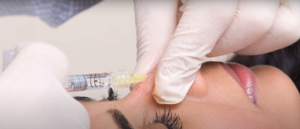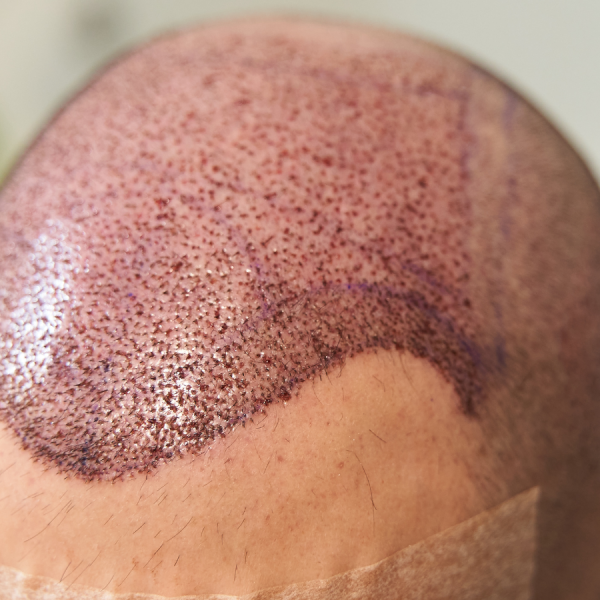Hair transplant surgery has become a sought-after solution for individuals grappling with hair loss, offering the promise of a fuller, natural-looking mane. While the idea of having the procedure abroad may seem tempting due to cost considerations, it’s essential to weigh the potential risks. In this blog, we explore the hazards associated with opting for hair transplant surgery abroad instead of seeking the procedure in the UK.
1. Regulatory Variations:
– Different countries have varying standards and regulations governing medical practices, including hair transplant surgery.
– The UK has stringent regulations in place to ensure patient safety and the quality of medical procedures. Opting for surgery abroad may expose individuals to environments with less stringent oversight.
2. Quality of Clinics and Facilities:
– The quality of clinics and facilities can vary widely across different regions.
– Choosing a reputable clinic in the UK provides assurance of state-of-the-art facilities, adherence to safety standards, and qualified medical professionals, reducing the risk of complications.
3. Credentials and Expertise of Surgeons:
– The expertise and qualifications of surgeons may differ, with the UK boasting a pool of skilled and certified hair transplant specialists.
– Opting for surgery abroad may mean a lack of assurance regarding the surgeon’s credentials, training, and experience.
4. Communication Challenges:
– Effective communication between patients and medical professionals is crucial throughout the hair transplant process.
– Language barriers can hinder communication, potentially leading to misunderstandings, misinterpretations, or inadequate post-operative care.
5. Post-Operative Care and Follow-Up:
– A critical aspect of any surgical procedure is post-operative care and follow-up.
– Having a hair transplant in the UK ensures access to necessary follow-up appointments, timely assessments, and ongoing support. This may be challenging to secure when undergoing surgery abroad.
6. Travel-Related Stress:
– Travelling for surgery introduces additional stressors, including jet lag, unfamiliar surroundings, and potential disruptions to recovery plans.
– Stress can impact the healing process and increase the risk of complications, making the convenience of having surgery closer to home a valuable consideration.
7. Unpredictable Legal Recourse:
– In the event of complications or dissatisfaction with the results, pursuing legal recourse may be more challenging when the surgery is performed abroad.
– UK residents have the advantage of consumer protection laws and established legal avenues to address grievances.
Conclusion:
While the allure of cost savings may tempt individuals to explore hair transplant surgery abroad, the associated risks highlight the importance of prioritising safety and quality. Opting for surgery in the UK provides the assurance of regulatory compliance, qualified professionals, and access to reliable post-operative care. As individuals navigate the decision-making process, a focus on long-term well-being and a reputable, local approach to hair transplant surgery becomes paramount.

















